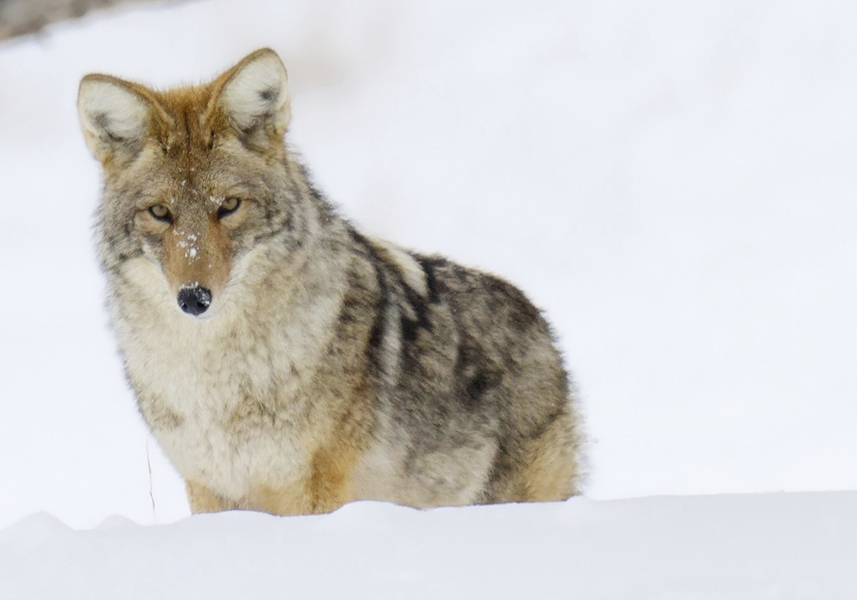
The trouble is, it’s all public – and you never know where it will end up.
An example of this is our recent work to get Albertans to write in to their leadership and stop coyote killing contests. While we and most of our members remained solution-oriented and positive, some individuals made direct or indirect threats of violence (including wishes of accidental violence, reciprocation from animals hunted, etc.) against the organizer(s). When the initial story hit the news it wasn’t about the scientific or ethical arguments against coyote killing contests – it was about the threats.
Even when our news release reached national news organizations and was covered by CBC on their website and CBC Radio One, the confusion of the earlier threats stilled cast a shadow over our scientifically and ethically-based arguments.
This, sadly, also is a regular occurrence in our own social media chains. And any message of compassion is bogged down significantly when a comment about a trophy hunter’s allegedly small penis, or hatred for a fur-wearer is included.
We’re certainly not saying don’t get angry, upset, or sad. Those are all perfectly healthy responses to what we, as animal lovers and advocates, see on a regular basis. But how you use those emotions and finding appropriate areas for their expression can make a big difference – even if you don’t see it in the moment.
When someone insults, threatens, or belittles another person – for instance, someone who traps coyotes – that individual (and governments or organizations) respond to the insulting, threatening, or belittling language as opposed to an actual argument or valid point. Effectively, by not making a clear, concise point that isn’t personal, and requires a direct response, they’re being given an out – or an excuse to not address the real issues.
Podcast: Emotional Lives of Advocates with Dr. Heidi Perryman
Please pause before commenting and consider how you would feel if someone made that comment about you – regardless of how right or justified you feel. If we want to grow as a society where wildlife and other animals are thought of in compassionate terms, and we want this change to be sustainable for the long-term, we must treat everyone (even those we disagree with) compassionately.
Work like our growing Living With Wildlife campaign is only possible with the support of monthly donors. Please consider become a monthly donor – for as little as $5 a month – and help us create a Canada that is truly fur-free.

